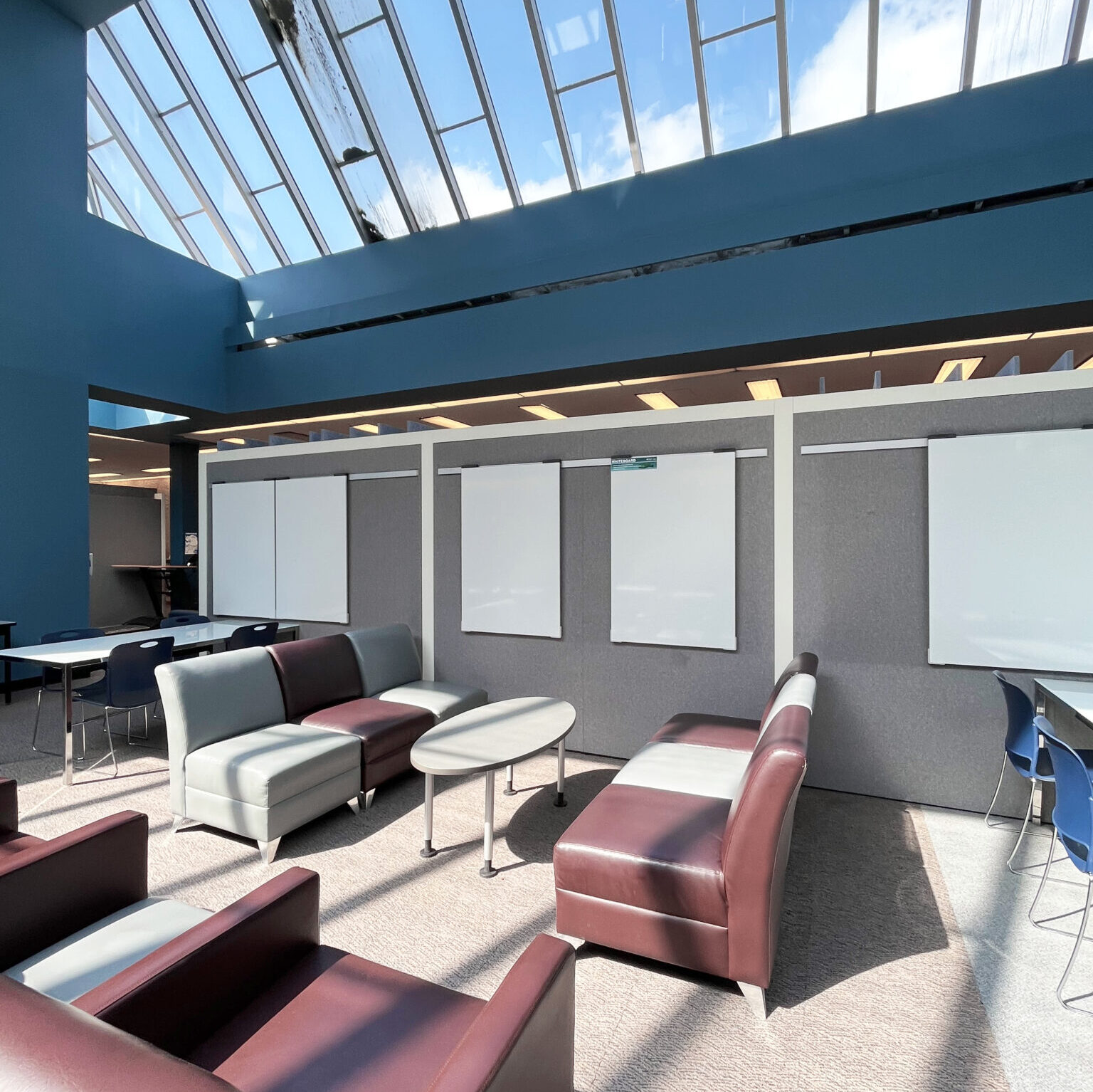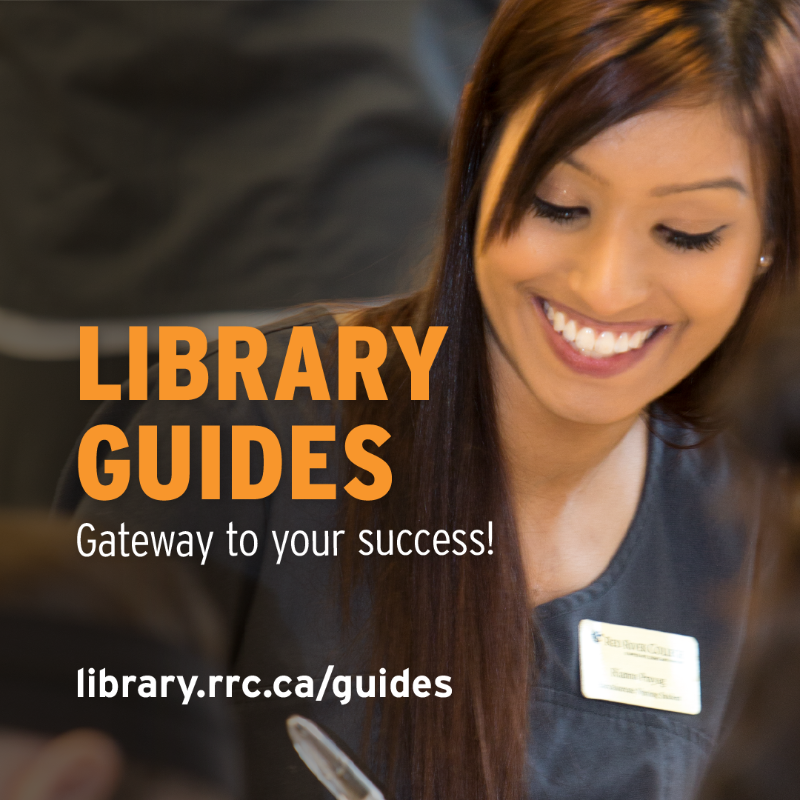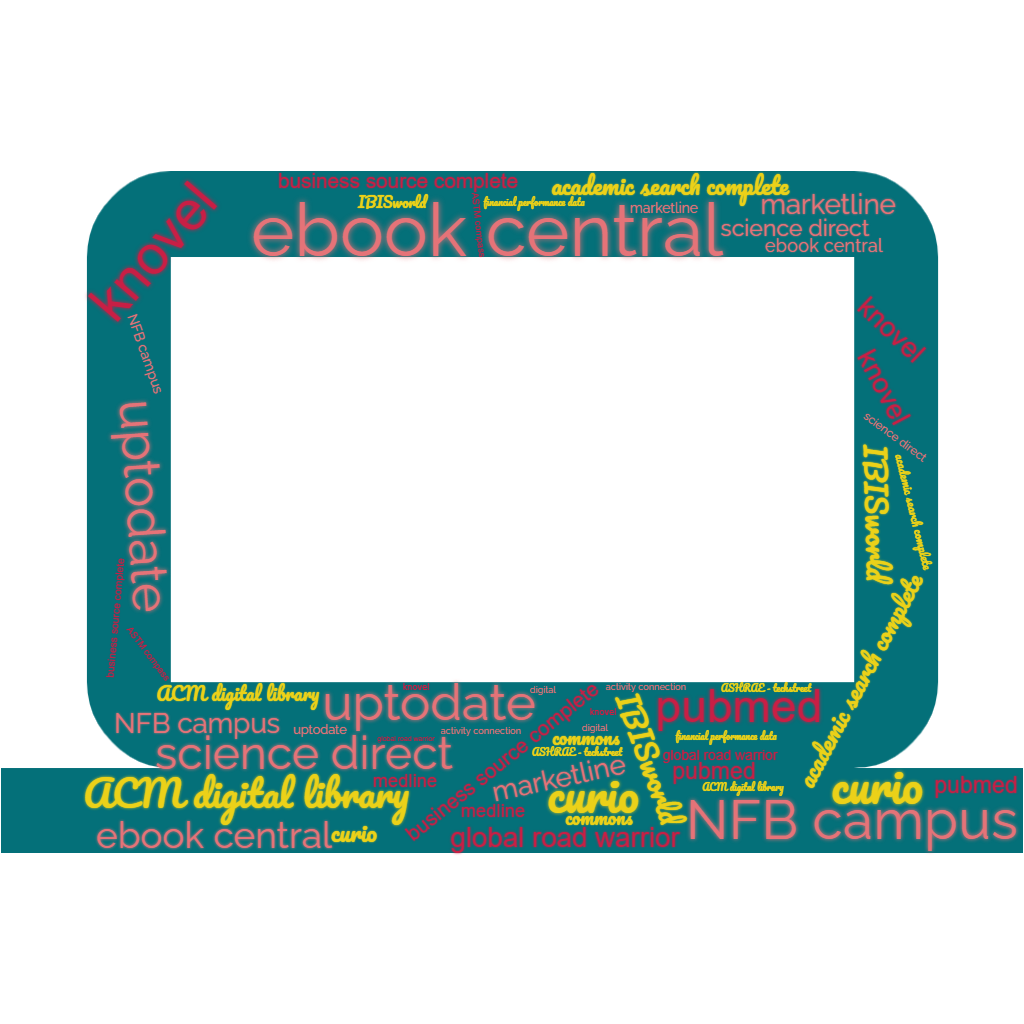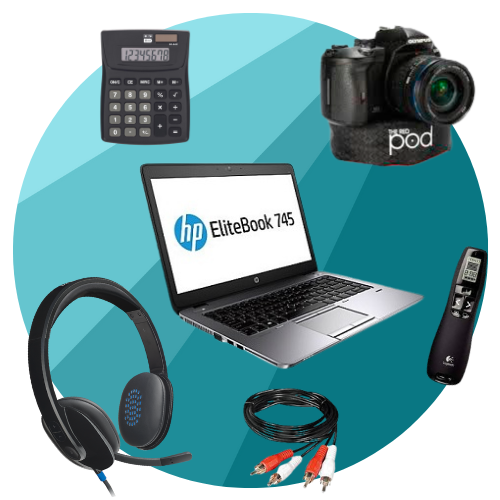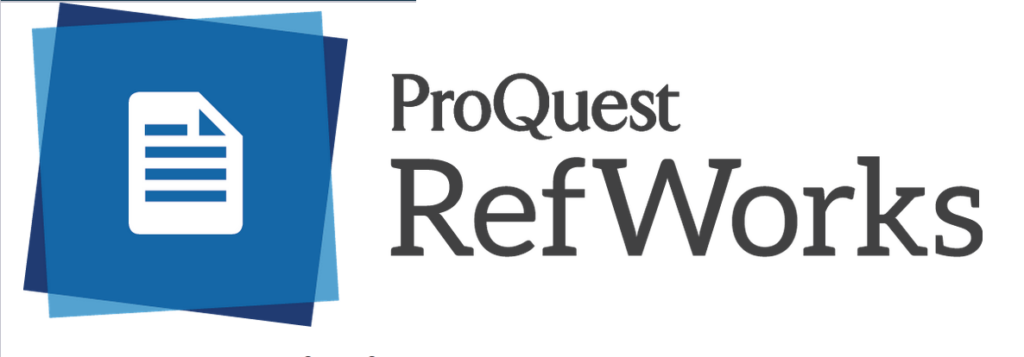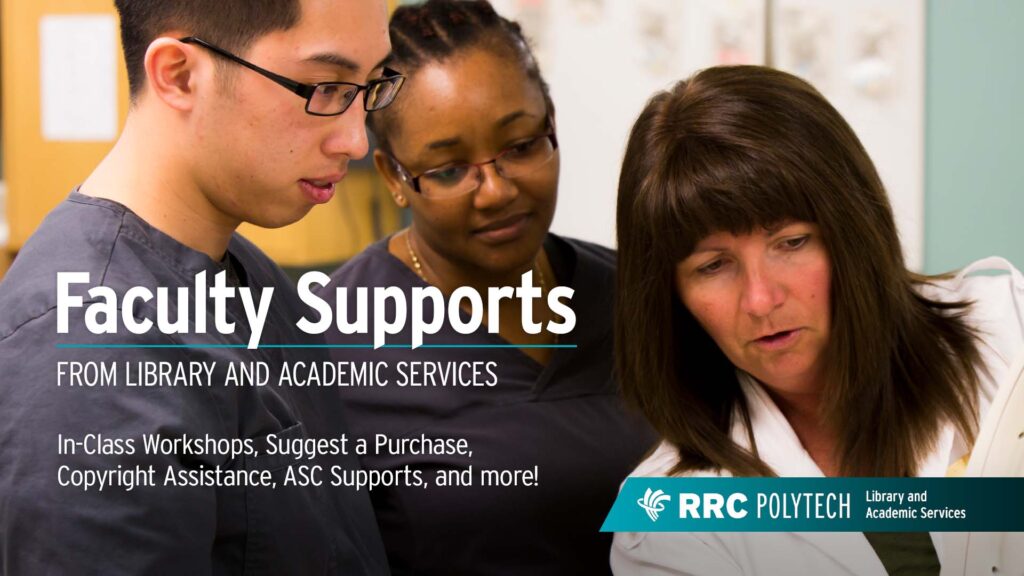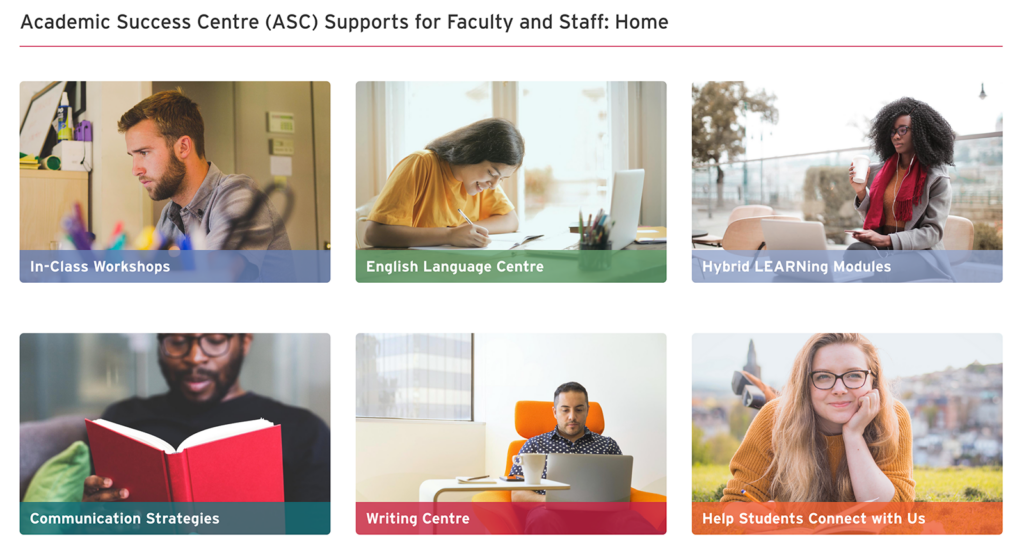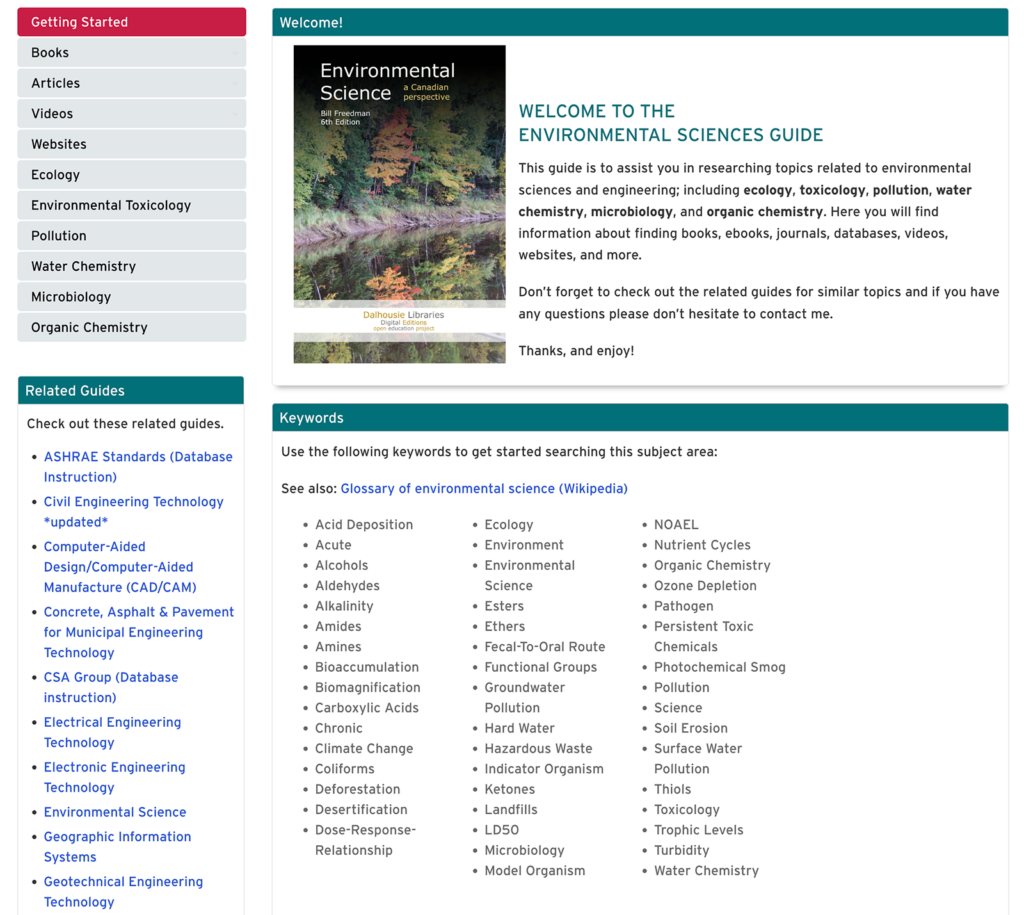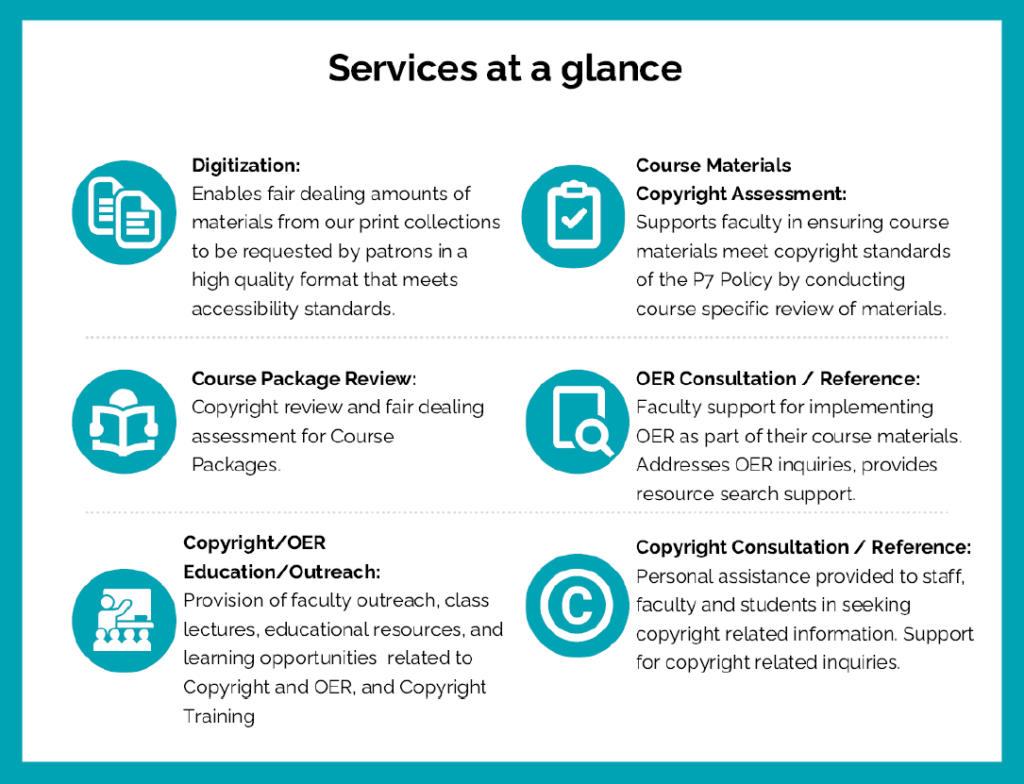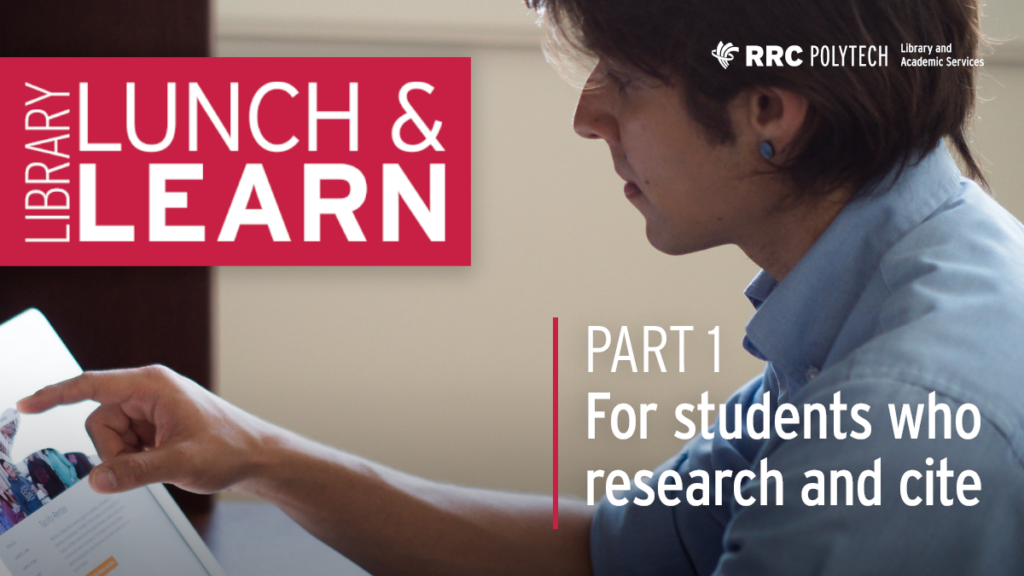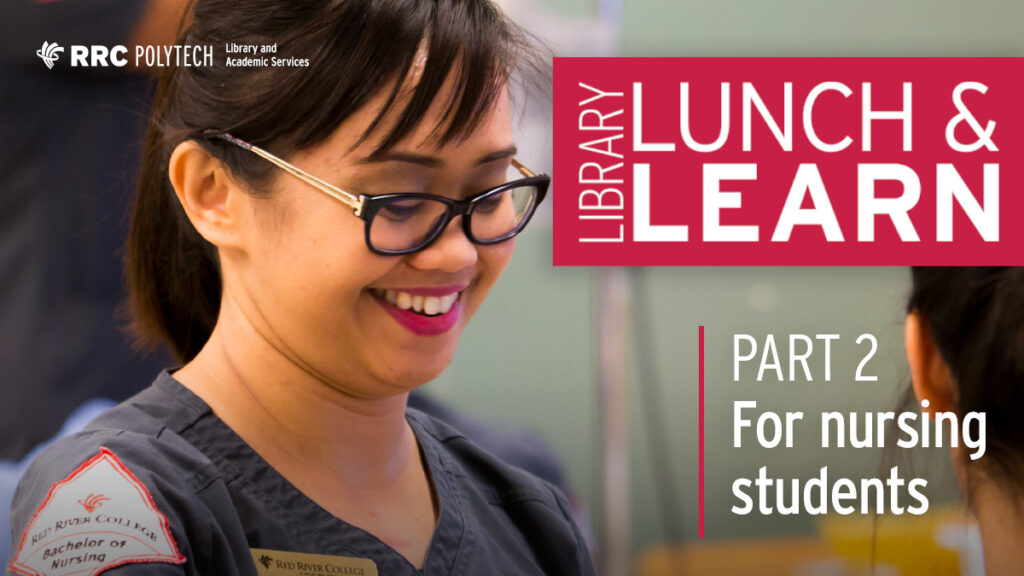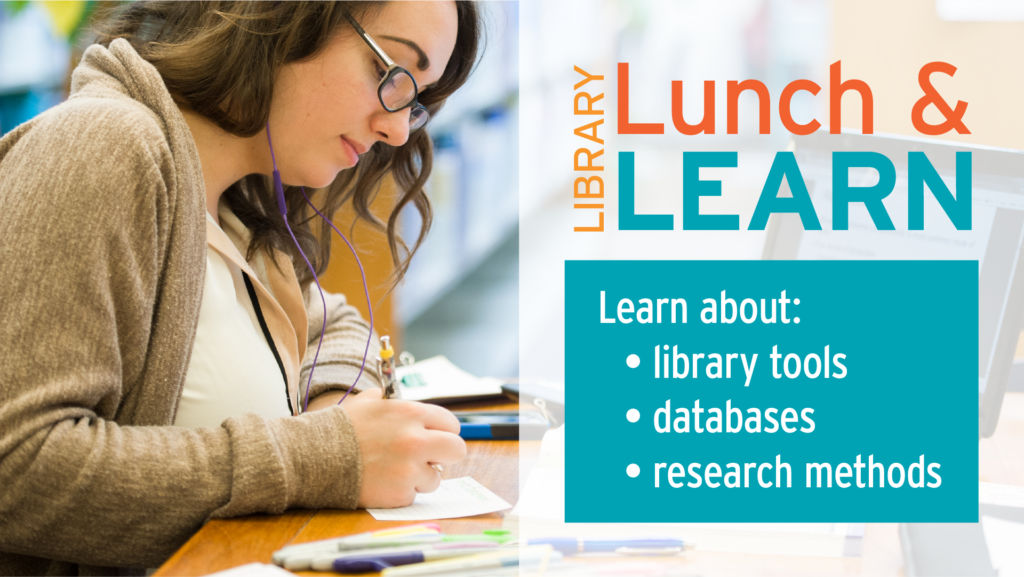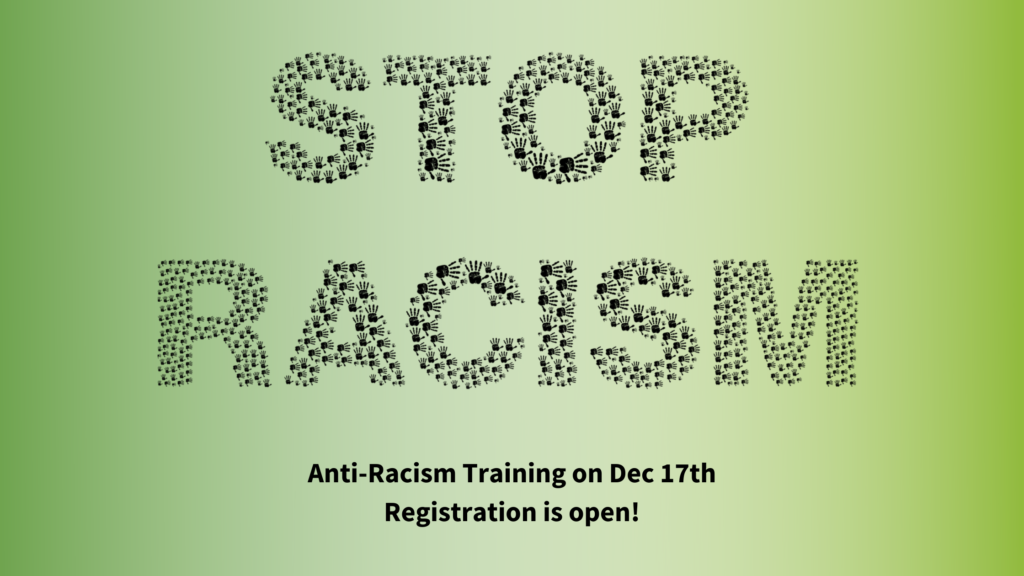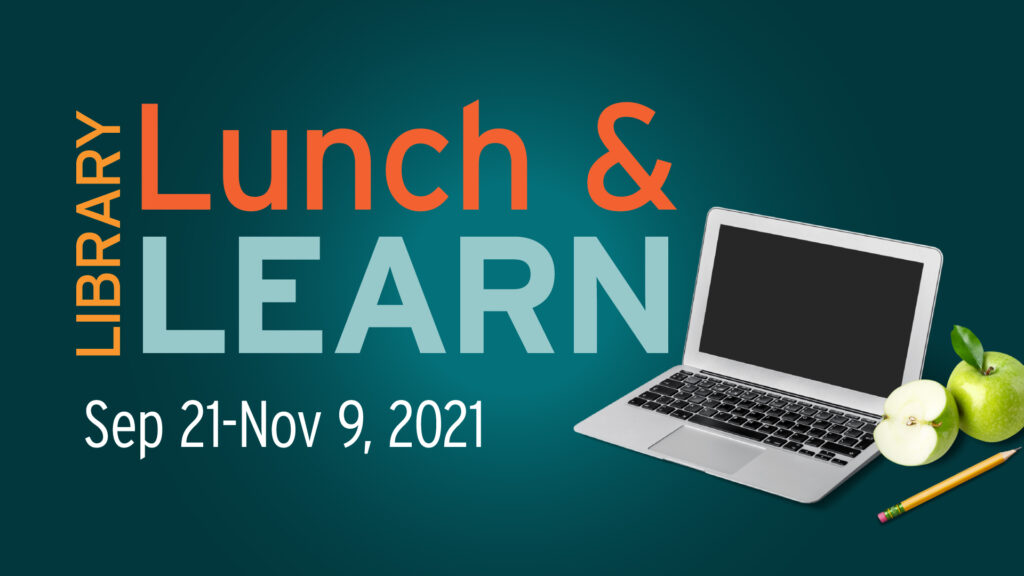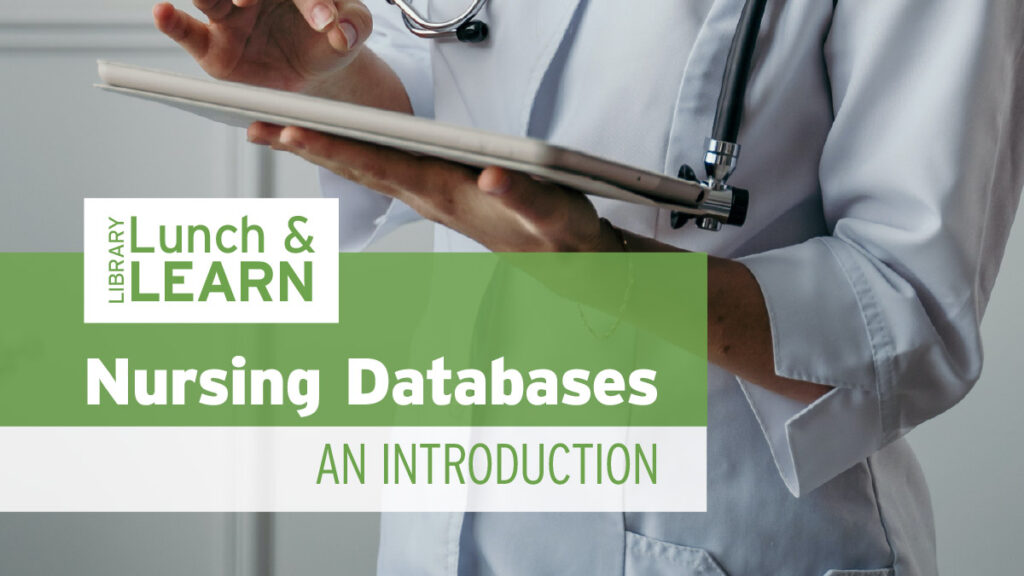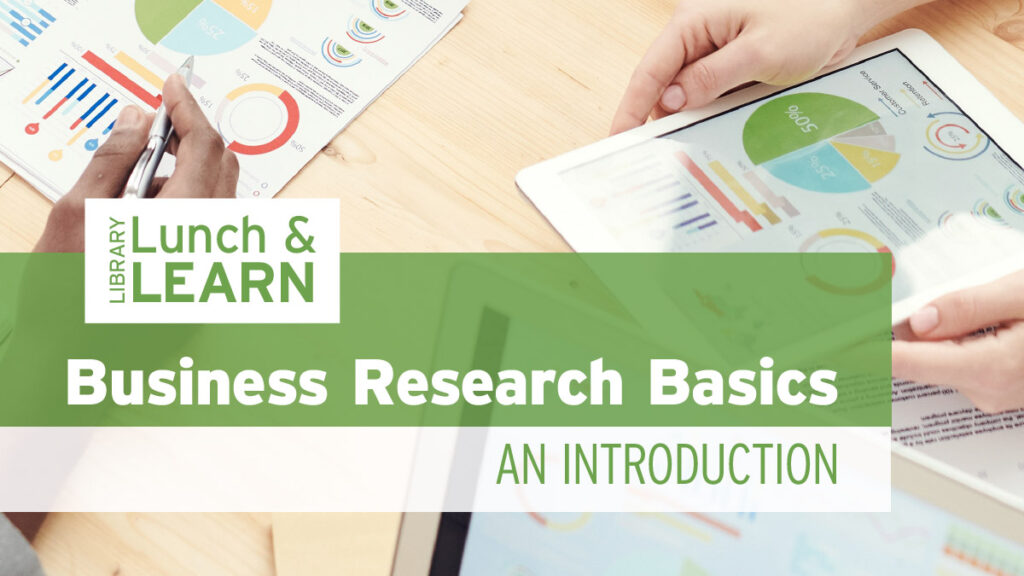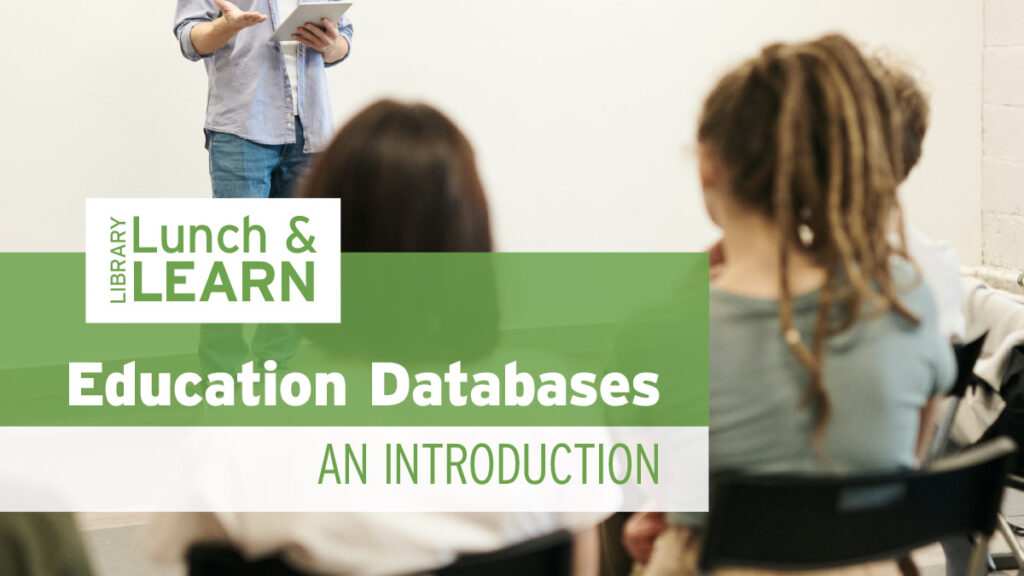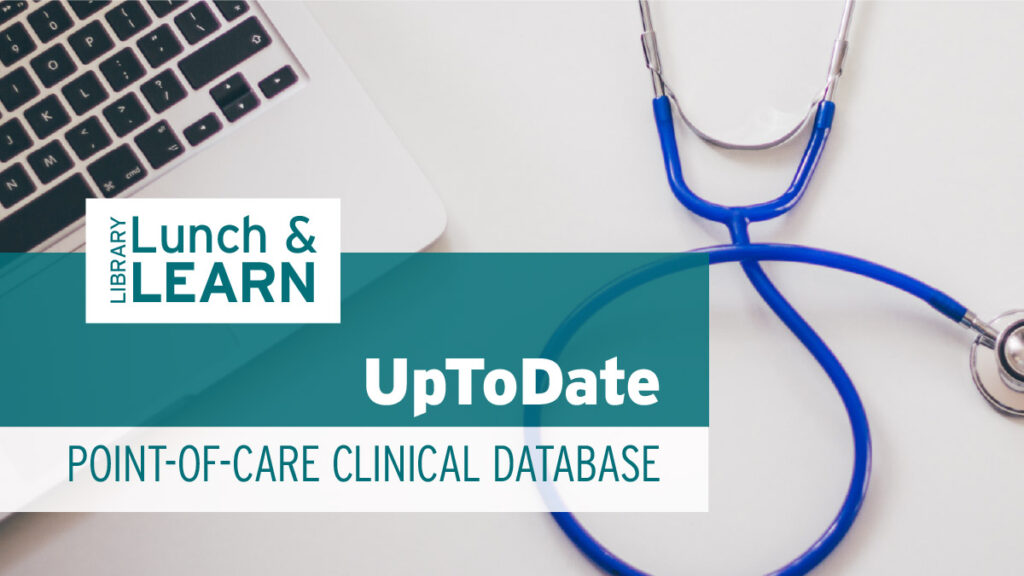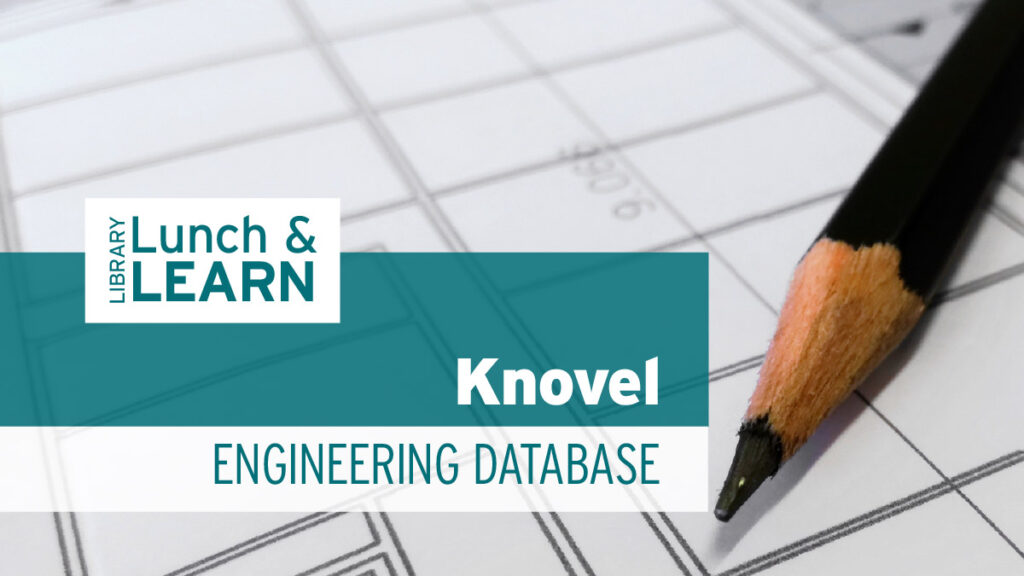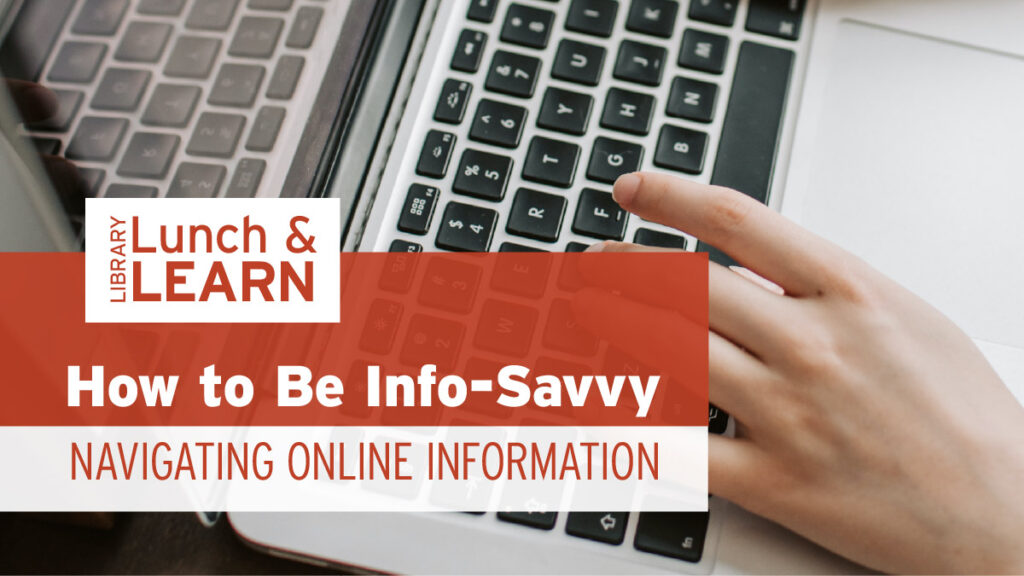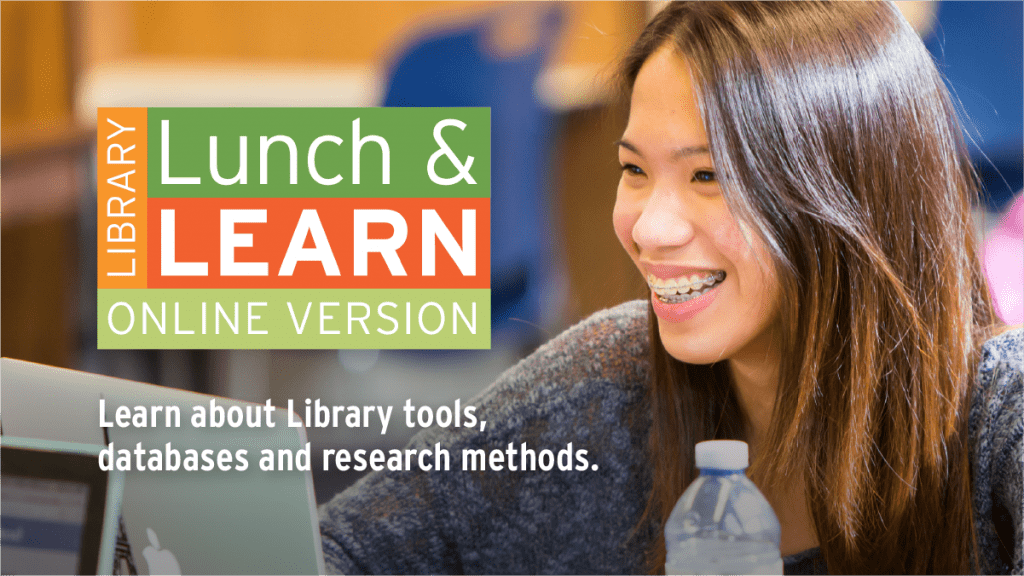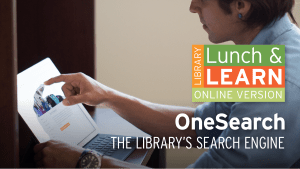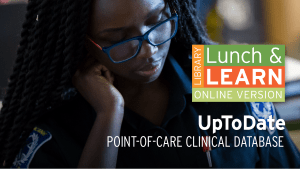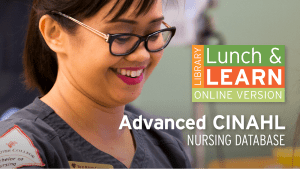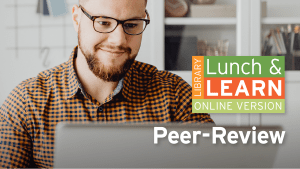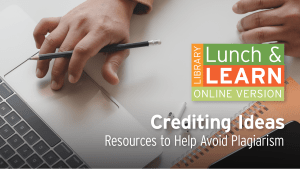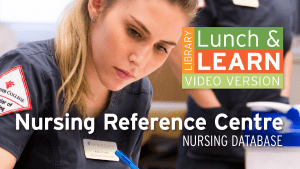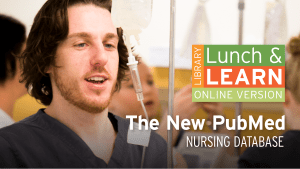Maximize Your Potential With “Understanding How You Learn” Workshops
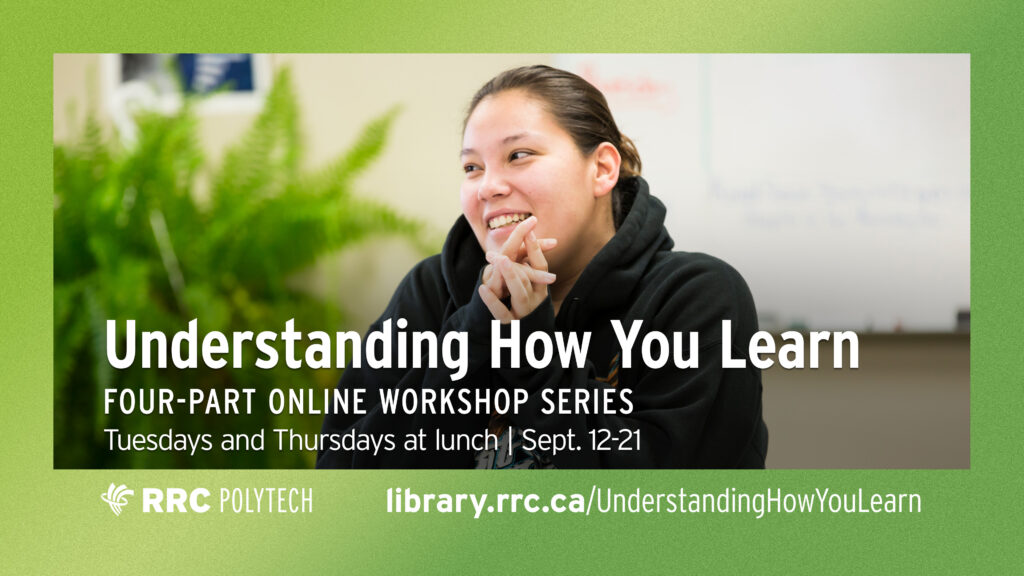
When we learn, we change
Think back to something you learned with little effort (sport, skill, language, instrument, coding, math concept). What factors, behaviours, and practices led to this learning? Which tools did you leverage for your skill development? What barriers did you overcome?
One thing we know is when we learn something, we change. We change at the level of knowledge, skill, attitude, and/or behaviour. And we learn through practice and experience.
Thinking about this process of learning, how do certain things impact learning (for the good or for the bad)?
Four areas that impact learning
The Academic Success Centre (ASC) is excited to deliver four online workshops aimed to shed light on significant areas that impact learning. Our hope is that through our Understanding How You Learn Workshop Series students will build lasting awareness of these four areas, and use strategies around them as they move through college successfully.
1. Your Brain & Learning
When we learn, important changes take place in our brain, including the building of new connections between neurons. The more we practice you something – that math concept or instrument we talked about above – the stronger the connections in our brain become. This workshop will dive deeper into how the brain learns best and what it needs to maximize learning potential. Our hope is you will walk away with actionable tools for optimal brain health.
2. Critical Thinking & Learning
Critical thinking is the intentional pairing of judgement with knowledge. It is a thought process that requires looking “one step deeper” than the facts. In college, you may be asked to think critically about information in order to connect ideas, pinpoint the importance and relevance of arguments and ideas, recognize, build and evaluate arguments, among other things
When we think critically about new information or a deep thinking task you gather information, separate feelings from facts, look at the bigger picture and decide what you think. This systemic approach is useful for learning new information and completing tasks in a thoughtful way.
3. Stress & Learning
Everyone has stress – it’s part of the human experience! But when does stress become unhelpful and what can we do about it? Join this workshop to learn about what’s going on in the stressed-out brain; how stress can impact your ability to learn and recall knowledge; and how to manage unhelpful stress!
4. Procrastination & Learning
Many of us delay doing something we need to do – but don’t want to do. Instead, we choose to spend our time on more pleasant or interesting things. This is normal behaviour. But, why is it normal? When we put off a task that we have to do – we still have to do it – and now with shortened time and increased anxiety (and of course the addition of other tasks). The consequences of procrastination in college should not be ignored. Perhaps the best approach though is to overindex the benefits of overcoming procrastination. The first step in this approach is to manage negative feelings which lead to procrastination. The second step is to shift habits and behaviours (focus on the next action, understand that mood follows action, and place obstacles in front of procrastination temptations).
Schedule at a glance
We invite students to join our workshop series this Sept. Come see all you can learn about learning in 30 minutes!
| TOPIC | DATE AND TIME |
| The brain & learning | Tue., Sept. 12 | 12:15-12:45pm |
| Critical thinking & learning | Thu., Sept. 14 | 12:15-12:45pm |
| Procrastination & learning | Tue., Sept. 19 | 12:15-12:45pm |
| Stress & learning | Thu., Sept. 21 | 1 2:15-12:45pm |
Link to join
To join, simply click on the following link at the scheduled date and time >> WebEx Link to Join Workshops
Series webpage
Bookmark the series webpage and join from there >> Understanding How You Learn Workshop Series
Submitted by Dayna Graham – Student Case Manager and Faculty Liason, Academic Success Centre

